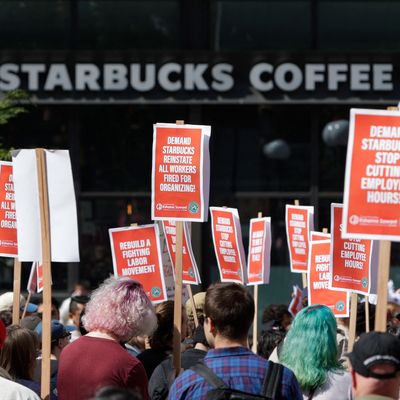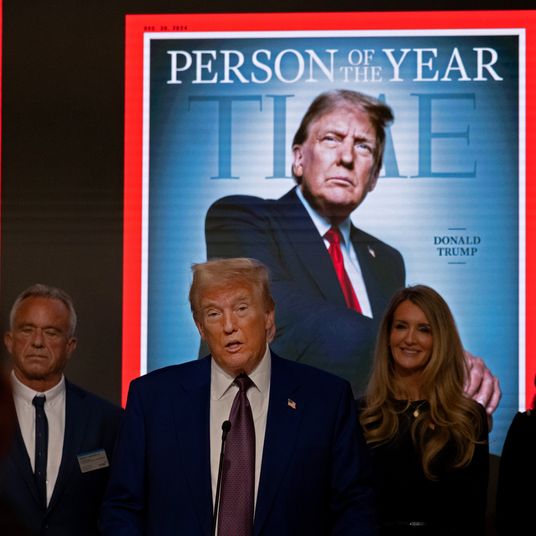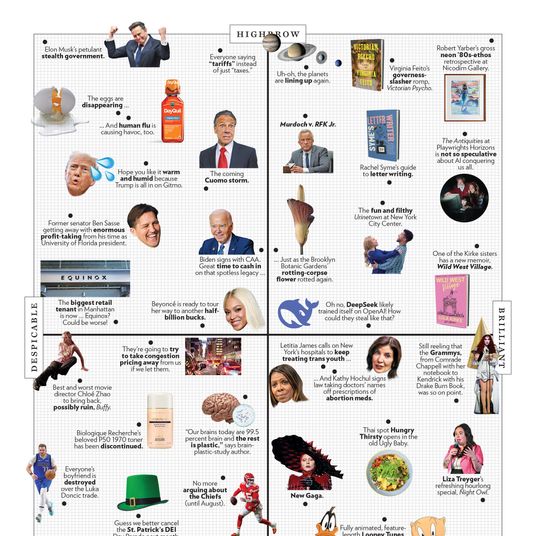
Officials with the National Labor Relations Board have asked the U.S. District Court in Buffalo, New York, to reinstate seven fired Starbucks employees and to order the coffee chain to stop anti-unionization efforts nationwide. The petition filed on Tuesday accuses Starbucks of numerous legal violations, including the firings of union supporters, the New York Times reports. Federal labor regulators argue that the court must stop Starbucks’s “virulent, widespread and well-orchestrated response to employees’ protected organizing efforts” and that without intervention, the chain will “accomplish its unlawful objective of chilling union support, both in Buffalo and nationwide.”
The Times notes that while it’s not unusual for the NLRB to demand the reinstatement of fired workers, the “breadth” of the injunction it is seeking is “far less common.” From the agency’s perspective, radical violations require radical remedies. In May, the Buffalo-area regional office for the NLRB issued a complaint “accusing Starbucks of 29 unfair labor practice charges that included over 200 violations of the National Labor Relations Act,” CNBC reported at the time. Worker firings have not been limited to the Buffalo area; across the nation, union supporters have described similar observations and experiences. They’ve been fired and intimidated, and some say they’ve been threatened, recently, with the loss of trans-inclusive health benefits.
Despite its best efforts, Starbucks is losing its battle to fend off unions, with more than 150 stores voting to join Workers United to date. Undaunted by its losses, Starbucks is doubling down against unions and the workers who want them. The company has adopted a similarly aggressive pose in response to the NLRB’s request for an injunction. In a statement to the Times, a Starbucks spokesperson said the company believes the NLRB’s claims are “false” and that it “will be prepared to defend our case.”
Starbucks is not a minor enemy for the small and perpetually underfunded NLRB. Yet the company is wounded. Expensive lawyers have been unable to fend off a pro-union blitz at its stores, and its reaction to unionization has damaged the progressive image it cultivated. It’s much harder now for Starbucks to pretend to be anything but what it is: a typical American corporation willing to sacrifice workers to power and profit. In fact, the company makes a fairly persuasive case for unionization. There can be no question now that Starbucks’s interests and workers’ interests are opposed and that the average worker is better off safeguarding her security with a union than relying on the good graces of this employer. Starbucks can fight the NLRB all it wants, but in doing so it is unleashing a narrative that it can’t control.






























